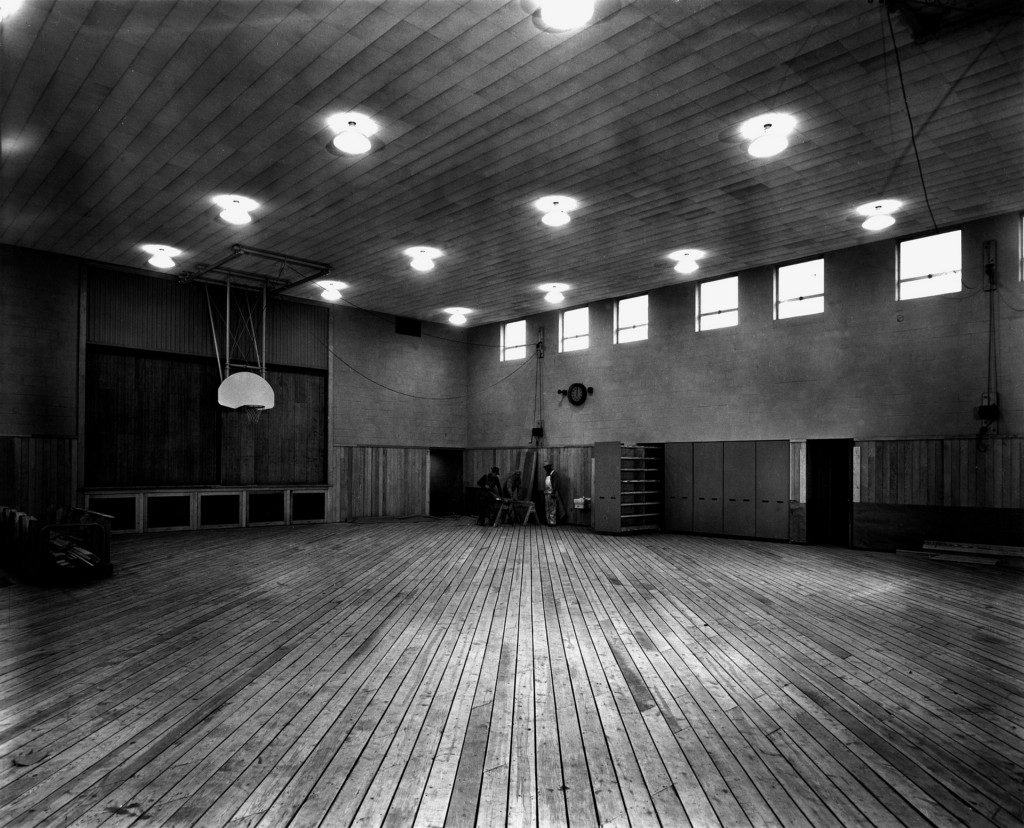
Rubberized gym floor the cause of risen mercury levels this summer.

In February, the B. Bernice Young School in Burlington Township tested positive for mercury inside the gymnasium.
The school district removed the gymnasium’s rubberized floor, which seemed to be the cause of the mercury in the first place.
On July 25, the district announced mercury levels surprisingly increased even with the removal of the gym floor.
“What we found after that was there was another layer of either adhesive or primer and the mercury levels in this lower layer were actually higher than the rubberized floor itself,” Superintendent Mary Ann Bell said.
The floor had previously been planned to be removed this summer, after it had been layered as part of a construction project in 1994. Mercury is able to assist in keeping the floor flexible due to its property of being liquid at room temperature.
The district is now removing and re-pouring six inches of concrete under the floor. Bell says it will take three months for the new concrete to cure, and while the school will re-open on Sept. 7, physical education classes may be moved to other areas in the building.
“The levels of vapor have not been above the EPA limit during the school year since January when we first became aware of the situation,” Bell said. “Our air quality testing has determined that the mercury levels in the gym are safe.”
Once the floor is replaced and everything is cleaned, the air levels will be tested to ensure they are safe. After that, there will be no need to test mercury levels.
The district has scheduled mercury level testing in the gym again on the weekend of Feb. 17, 2018.
“The most important thing we want to make sure our families know is that we are at safe levels,” says Liz Scott, director of human resources and community relations for the district. “There is no danger.”
Health effects caused by short-term exposure to high levels of mercury vapors include cough, sore throat, shortness of breath, chest pain, nausea, a metallic taste in the mouth, vision problems and headaches, according to the Agency for Toxic Substances and Disease Registry. Long-term exposure effects include anxiety, anorexia, loss of appetite, sleeping problems, tremors, forgetfulness and changes in vision and hearing.
Medical questions should be directed to individual health-care providers, and technical questions regarding mercury can be directed to the United States Environmental Protection Agency at (866) 337–5669.
A Q&A link is available on the school website, www.burltwpsch.org. Those with non-medical and non-technical questions and concerns can call or email Bell at [email protected].









